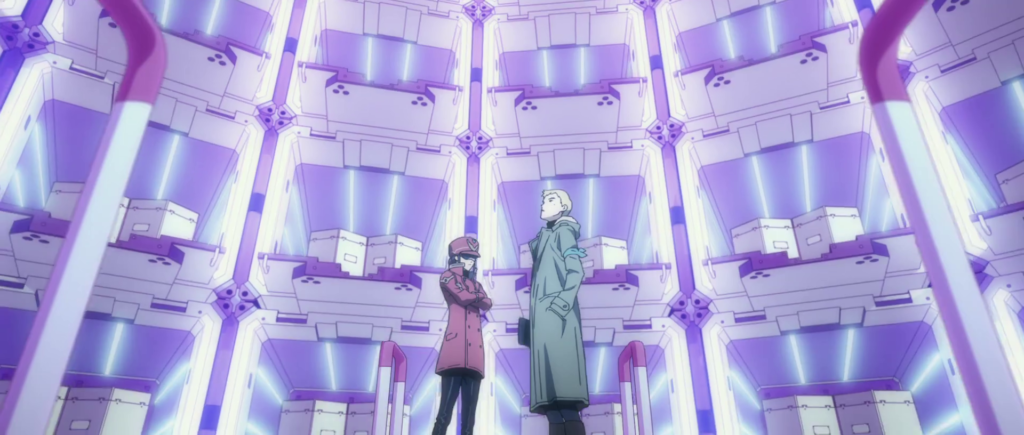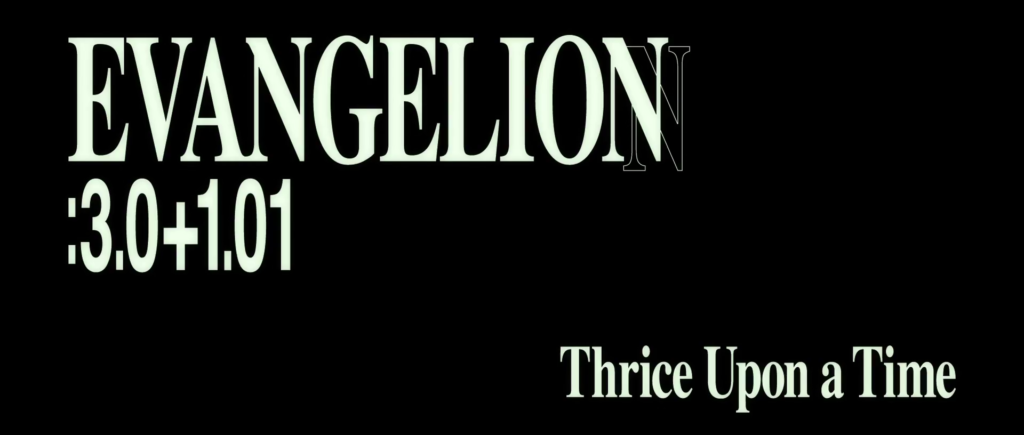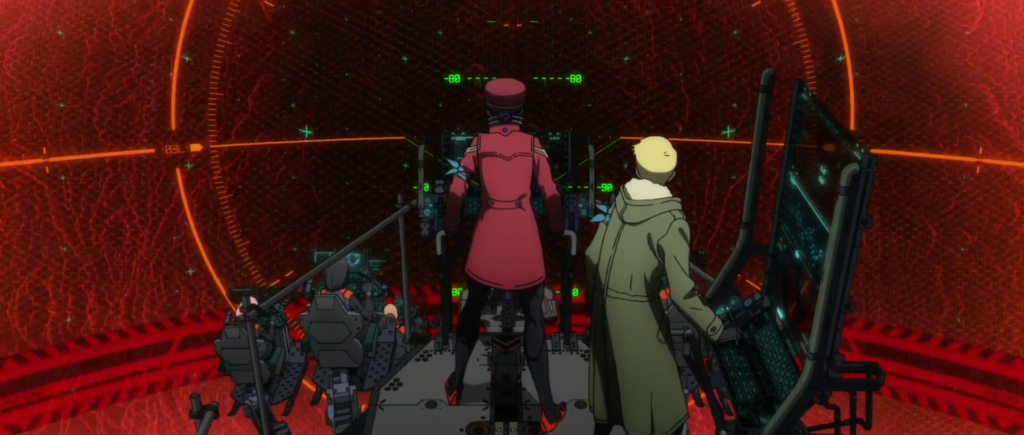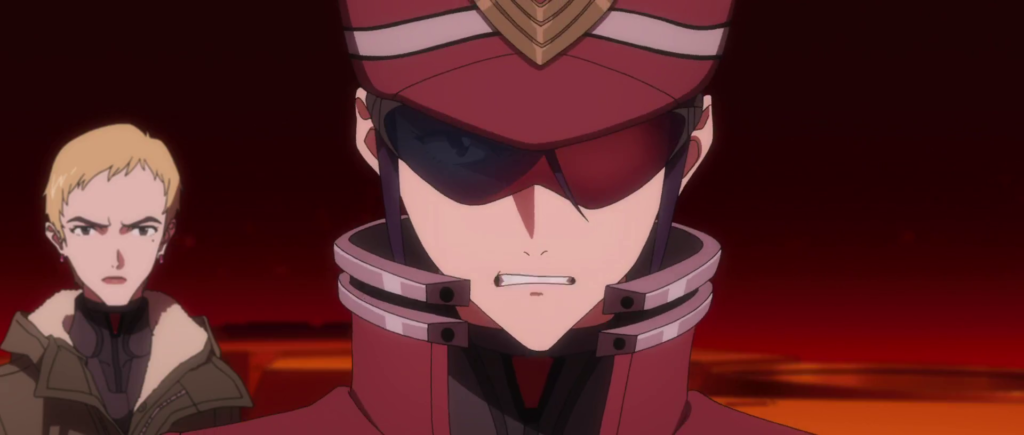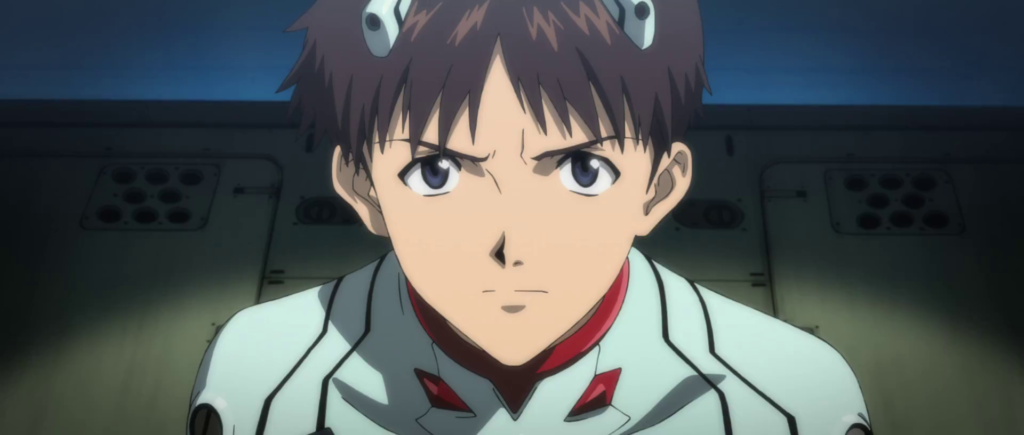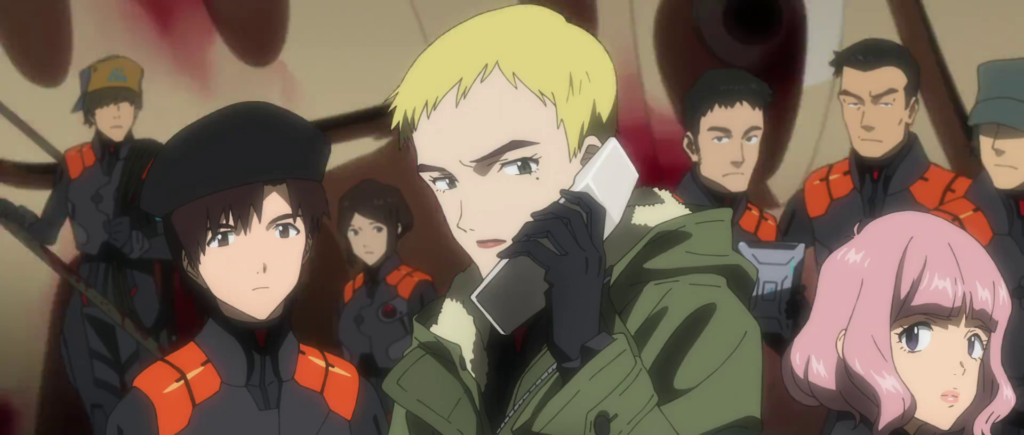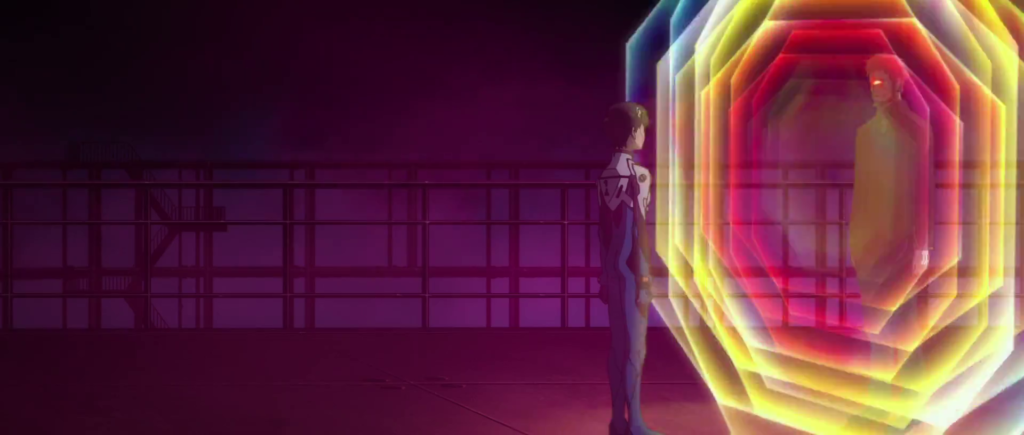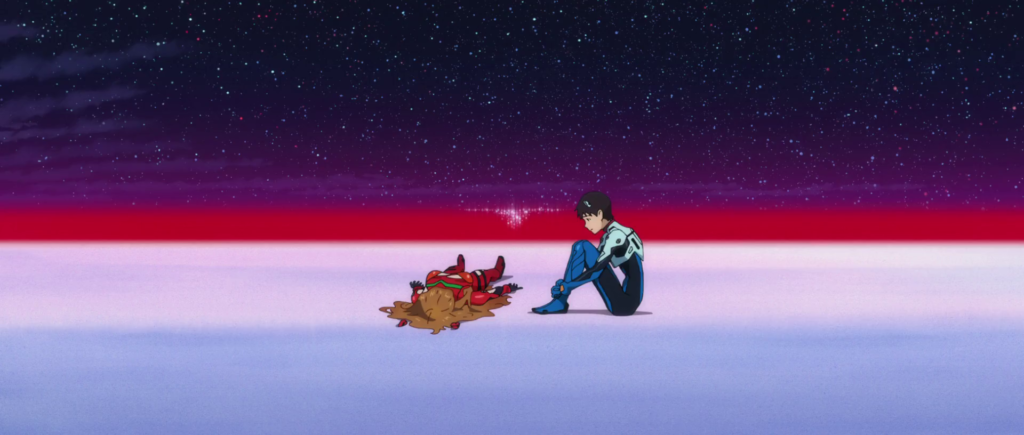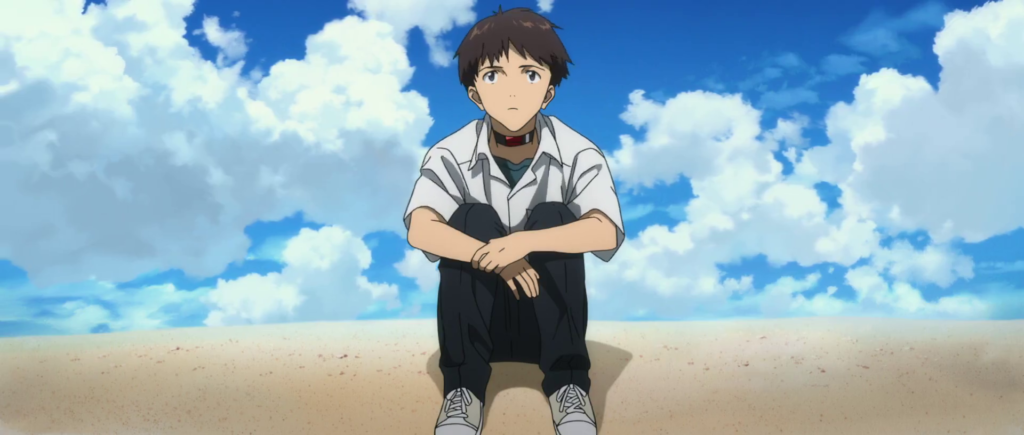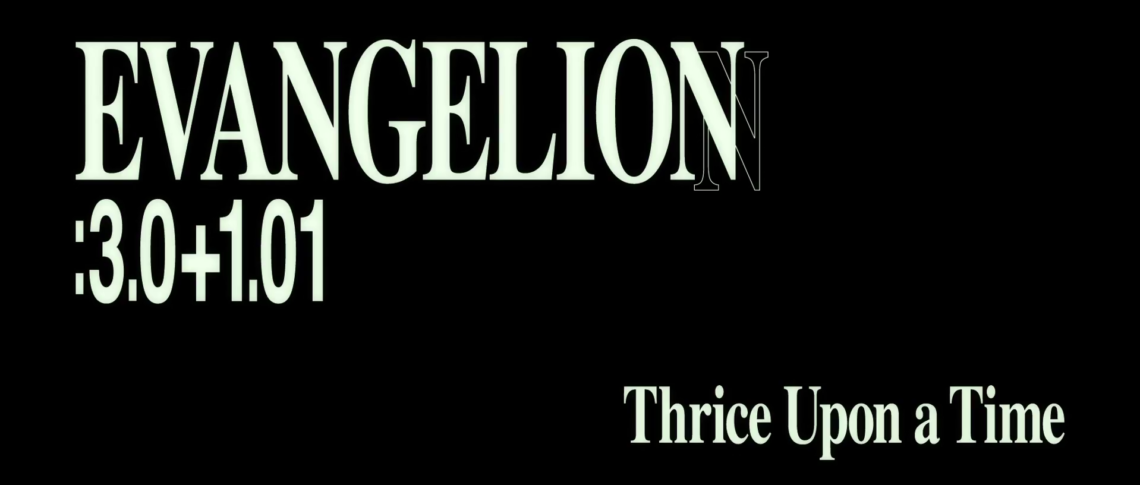
#470 – Evangelion 3.0 + 1.0 Thrice Upon a Time
Evangelion: 3.0 + 1.0 Thrice Upon a Time (2021)
Film review #470
Directors: Hideaki Anno, Kazuya Tsurumaki, Katsuichi Nakayama, Mahiro Maeda
SYNOPSIS: Following the aversion of the fourth impact, the Eva pilots are left wandering the ruins of Tokyo-3 defeated and deflated, until they are picked up by familiar faces that take them to a settlement where people are surviving in the world that has been left behind by the pilots actions. They do their best to fit into this new world, but they know that their fight is not over, and the final battle to save humanity is edging closer…
THOUGHTS/ANALYSIS: Evangelion 3.0 + 1.0 Thrice Upon a Time is a 2021 Japanese animated film, and the fourth and final film in the Rebuild of Evangelion film series. The film starts out with a battle in Paris, where WILLE are attempting to restore the city to a habitable condition. They succeed, and the focus switches to the three protagonists who we saw at the end of the previous film, wandering the ruins of Tokyo-3 without purpose as their EVAs have been destroyed. They are rescued and taken to a small settlement where they meet some of their old school friends, who have now grown up, while they remain the same age due to a side effect of being EVA pilots. The first part of the film is set in this settlement as the three try to come to terms with what has happened and being around other people. It’s slow paced, but gives ample time to focus on each of the characters individually and their own personal journeys. Although the characters have been psychologically explored in the previous films, it still feels rewarding to do it again, and as this is the final film, provide some closure for their own individual journeys. The themes of finding your place in the world amongst others, and taking responsibility for your actions are fairly clear, and drive the character’s journeys and their individual responses. The plot structure of dedicating the first half of the film to this more slow-paced exploration and the latter half focusing on the action and lore is a good balance, and stops one interrupting the flow of the other. If you’re watching this film, it is probably not your first experience with the franchise, but if it is, you’re definitely not going to be able to keep track of everything that’s happening (this is also true if you’re a die hard fan, but in that case, you’re somewhat expecting not to get everything right away and that some things are open to interpretation).
The latter half of the film is when the action kicks in and the stakes get raised to infinity. The film manages to push itself even further than the TV series and End of Evangelion (The alternate telling of the TV version ending). All of the new elements that were added over the film series are addressed and resolved (apart from those which are intentionally left ambiguous). It even manages to incorporate the events of the TV series as somewhat canon. As such, it is a satisfying conclusion to the series that gives the characters the ability to look forward to the future. The action scenes constantly pile more and more things into them as it gets quite over-the-top, but again, it’s what you come to expect from the series. The characters don’t offer much in the way of surprise, but one or two of them get a small change or development that rounds off their characters, which is nice.
Accompanying the film is the usual over-the-top orchestral soundtrack and visuals that encompass the entire planet. The animation is pretty smooth, but the CG looks a bit unconvincing in some parts; I’m not sure if some corners had to be cut due to the pandemic, but for the most part, it still looks pretty good and consistent with the other films. With a runtime of over two and a half hours, the film feels like it says all it needs to say and do. Overall, Evangelion 3.0 + 1.0 is a satisfying ending to the series that takes its time to tie up its loose ends and give answers to questions that fans have been asking for over twenty years, while still retaining some ambiguity and open-endedness that is a trademark of the series. It definitely feels like there were no constraints with regards to budget or runtime, so the story that Hideaki Anno wanted to tell is told in its entirety. Some small and minor bumps in the animation don’t really hinder the film’s message and execution, and as such it is a solid ending to the film series. It’s definitely not a point to jump into the franchise, but the film series as a whole tells the story of Evangelion in the form I think it was meant to be experienced.


